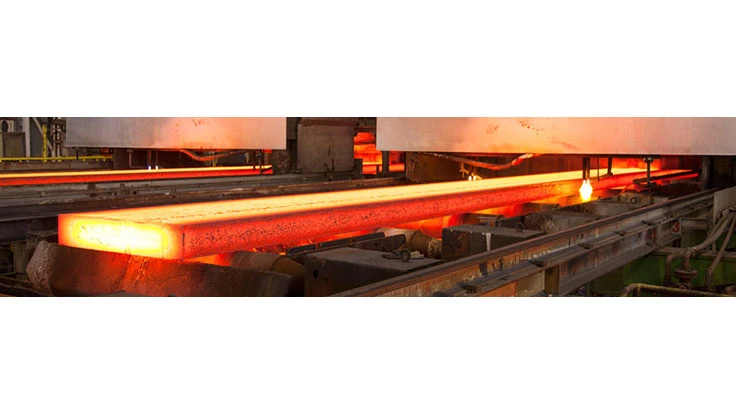
The London-based metals trading and manufacturing company Liberty House Group (LHG) has launched a metal recycling business called Liberty Metal Recycling (LMR), which it says is a step toward it achieving its Greensteel vision to create a competitive and sustainable steel sector in the United Kingdom.
The Greensteel vision includes steel products produced in the U.K. from raw materials generated in the U.K. Further, the goal is to manufacture steel products using green power while adding value to the country’s economy.
LHG says LMR will develop a network of collection and processing facilities for ferrous and nonferrous scrap metals throughout the United Kingdom, Europe and the United States.
Heading up the newly formed company will be two scrap metal industry veterans. Tom Bird, previously with Sims Metal Management and Val Dalen, will head up LMR’s U.S. and U.K. division, and Matthijs de Jong, formerly with Euro Scrap, TSR Recycling and the Alba Group, will head up the company’s operations in continental Europe.
According to LHG, the recycling business will operate independently from the rest of the company and will supply the company’s integrated steel business in the U.K. with scrap metal from locations throughout the U.K.
As a first step, LMR says it plans to set up a processing center at its steel mill site in Newport, South Wales, where Liberty House is operating a hot strip mill and where it aims to recommence liquid steel production in the near future from recycled scrap.
In addition to Newport, LMR says it is looking to locate recycling centres throughout the U.K. in regions of high scrap metal generation and near Liberty’s steel melting and rolling facilities.
Within five years the company says it expects to be handling 5 million tonnes of metal annually in the U.K.
 |
| Tom Bird |
Bird says that the company will look at both acquiring existing operations and new facility starts, and will depend on opportunities in the market.
Bird adds that the yard will be both trans-shipment facilities as well as more traditional processing yards.
LHG Executive Chairman Sanjeev Gupta says the launch of LMR is “a very significant step on the journey towards the delivery of our Greensteel vision.”
He adds, “The projected growth in the supply of scrap in the U.K. and in other developed economies over the coming years provides the basis for a strong, competitive and sustainable steel industry for the future. The fact that we have recruited two of the most prominent and accomplished individuals in the global metal recycling industry shows how serious we are in delivering on this vision.”
LHG operates from hubs in London; Dubai, United Arab Emirates; Singapore; and Hong Kong. The Group also has sites in Europe, Africa, the Middle East, Asia, Australia and North America.
Liberty House Group has grown from a trading firm to a steel manufacturing facility with the acquisitions of MIR Steel Newport in 2013 and TATA Steel’s plate plants in Scotland.
As for looking to grow its collection footprint in the U.S. and Europe during difficult market conditions, Bird notes, "Liberty has a medium to long term strategy known as Greensteel, which involves the recycling of scrap using renewable energy resources. The creation of Liberty Metal Recycling will aid the establishment of that business.
"Furthermore," Bird continues, "Liberty sees good opportunities in both scrap processing and trading in the medium to long term because expected collection/availability of scrap metal is continuing to rise worldwide. The demand for Green Steel will be part of this.
"In addition, the times when the market is depressed afford better opportunities. The steel and scrap sector will recover. We are in this for the long term," Bird concludes.
Latest from Recycling Today
- Unifi launches Repreve with Ciclo technology
- Fenix Parts acquires Assured Auto Parts
- PTR appoints new VP of independent hauler sales
- Updated: Grede to close Alabama foundry
- Leadpoint VP of recycling retires
- Study looks at potential impact of chemical recycling on global plastic pollution
- Foreign Pollution Fee Act addresses unfair trade practices of nonmarket economies
- GFL opens new MRF in Edmonton, Alberta





